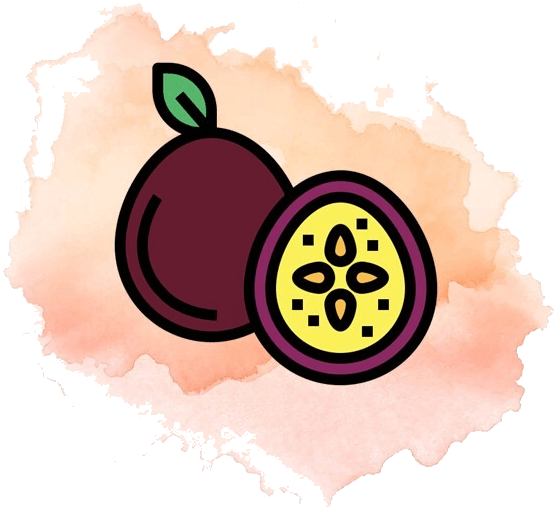“The greatest enemy of knowledge is not ignorance; it is the illusion of knowledge.”
– Stephen Hawking
I was sipping on some coffee and trying to catch up on the latest episode of the then hottest series on my iPad when I heard the door ring. Too lazy to get up, I was about to ask my mom to answer it when I already saw her striding towards the door. Our servant maid came through as soon as she opened it and I sank back into my stupor again, assuming she had come early to do the chores that day. However, she was engaging my mother in a serious conversation that I couldn’t hear but very well see. I could see her hands shiver ever so slightly as she fidgeted with her fingers. I could see her distraught eyes betray the brave face that she was trying to put on and get through a decent conversation. I saw my mother console her as she left and then turn to talk to my father who was in an equally deep stupor albeit reading the paper.
I pulled my earphones away to catch her say, “…10,000 rupees to just let her study. They are worried as sick”. “What happened?” I asked instinctively. “Well, our maid’s children are to start their new grade next month, but the school is asking for a sum of 10,000 rupees to promote them”. “What? 10,000rs?! But why so much money?”, I staggered, putting my iPad aside, now totally absorbed in the conversation. “Well, as the children couldn’t study and give exams last year due to the pandemic, it’s sort of a bargain to promote them to the higher class.” That rationale just struck me like a lightening. I was stunned. So, this basically meant that these children had to skip their usual studies, learn nothing for a year while parents earned nothing for a year, had to see a whole year go by with no understanding of what’s happening and now added to that, they had to pay to hold onto their slight chance of education. For the school, the students were just numbers, sponges to wipe away their mistakes and to squeeze out their yearly buck. My heart just sank at that conclusion.
It doesn’t have to be like this. You see stories of western schools being innovative and still persevere through the pandemic to teach children. From six-feet apart desks to outdoor teaching to rehauling the coursework to include basic life skills while living in these times, these schools have truly outdone themselves. Both in their will to still be operational and be instrumental in the growth of the child.
But over here, we are living in this illusion that we are marching towards a better future well equipped to overcome every impediment. But it is only a matter of time when this illusion shatters and our ignorance is laid bare. Ignorance that penetrates deep into our education systems. Schools are structured more like factories today. They treat education like an assembly line – you move from one task (class) to the next – day in and day out. There is little collaboration between the works done in one department (course) to the next. Students accept this regimen as it promises a job and maybe a chance for college and an even better job thereafter. The latter is no longer true even if one’s grades are great because there is an oversupply of graduates! Couple this with the boredom and lack of enthusiasm generated by this production line education and is there any wonder why there are so many dropouts and uninspired students?
The glaring problem is that our education system is not only as “broken” as it is totally outdated. There is less emphasis on research activities and knowledge orientation. The system doesn’t inspire children to go beyond the limits, to take activities of their interest. What the students learn is routine and regular. Where are the courses on blogging? Where are the money management courses? Where the classes that help us find our purpose?
50-minute classes, bells, rows of desks, lectures, textbooks, standardized tests, and grades are all aspects of schools’ organizational structure that were conceived for the industrial society. But now innovation is the currency of progress. Educate for the future, not just the present. Many of today’s job titles, and the skills needed to fill them, simply did not exist 20 years ago. Education systems need to consider what skills today’s students will need in future and teach accordingly. This does not mean to bring out the big bucks. Big spending does not necessarily make for a better school system. Good teachers are essential to high-quality education. Teachers who do not just confine their teaching to within the walls of the classroom but without them too – which is so vital as indicated by the turn of events now.
What are things that students can learn on their own? What are the lessons that they can take up even when you cannot have a physical one? What are the peripheral extracurriculars that we can bring to the center now and focus on the holistic growth of the child? And this is not just a fad or a fantasy. In a PISA (Programme for International Student Assessment) survey from 2006, principals were asked about the kinds of science extracurricular activities they provided like field trips, science fairs and science clubs. It was reported that students in schools where these things were commonly offered performed better in science. Students in these schools also had a greater belief in their ability to tackle science-related problems and reported enjoying science more.
Our current education system is, to a large extent, all about “chasing the A”. The whole point of the classes is not to learn something new but to slog so as to get that golden A on your report card. Many of the students, each of whom could literally change the world, are paralyzed by fear of getting low grades, and are instead choosing the path of security: That is get good grades. Get a job. Be happy. Children right from the beginning are told to follow blindly whatever is taught to them, never to question, brainwashed till they are mugging up and ultimately vomiting back, whatever they are fed, in the exam paper. The present system ignores skills and aptitudes, value for our heritage and culture among pupils. It does not test the character and the attitude of the student. It tries to make people literate, not educate.
But we have to remember, children are indeed sponge, not to squeeze out but to help them absorb the right things as much as they can. The great philosopher Socrates had said “Education is not the filling of a vessel but the kindling of a flame”. It is upon us to decide whether we will put out this flame and forever be engulfed in darkness or let it become a fire that radiates our path ahead into a brighter future.







